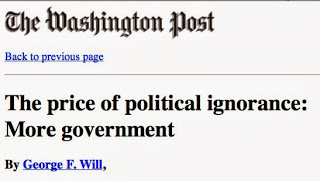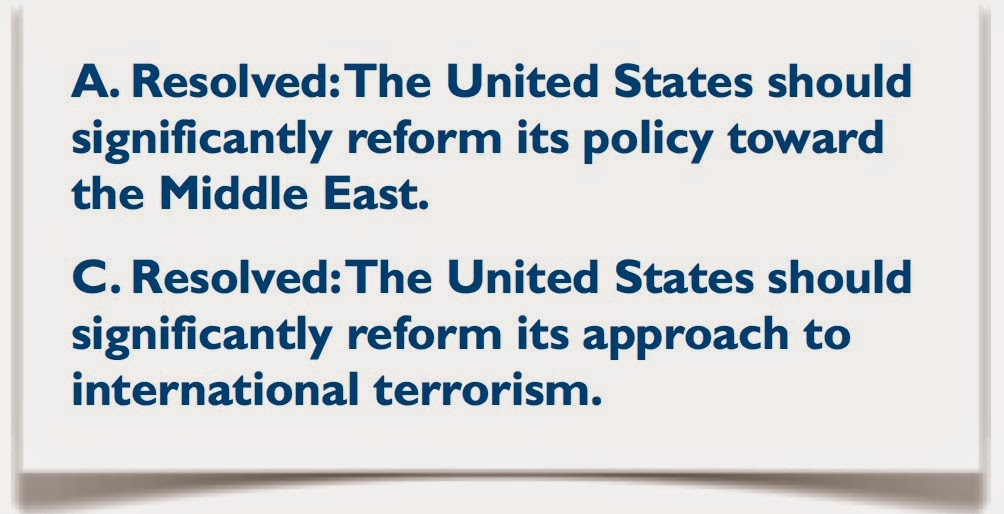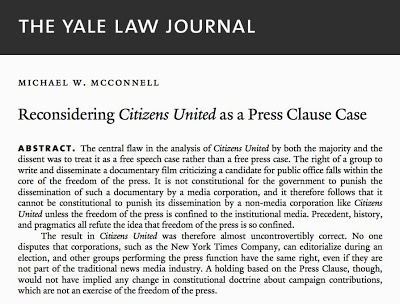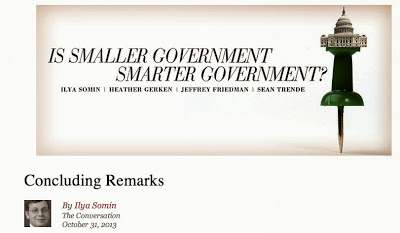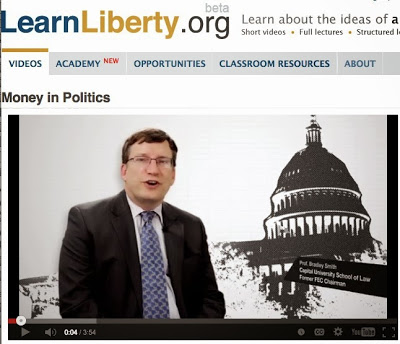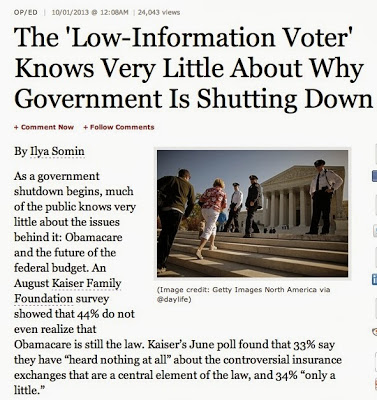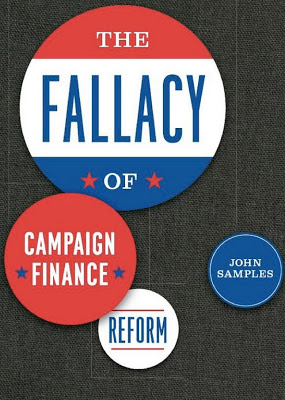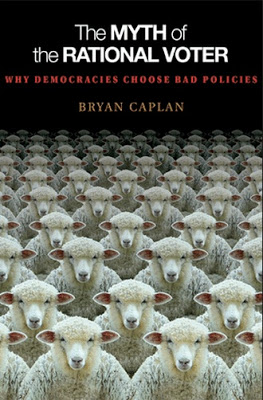Category: Reforming Federal Election Law
George Will in The Washington Post reviewed Ilya Somin’s book Democracy and Political Ignorance: Why Smaller Government is Smarter. Both the column and the book are relevant for the federal election law reform topic. Somin and Will note...
NCFCA debaters have spent the year advocating federal election law reforms and arguing against opponents’ reforms. With at least two of next year’s proposed topics we have an important, if not obvious, connection with...
Michael McConnell, in his Yale Law Journal article “Reconsidering Citizens United as a Press Clause Case,” notes both leading politicians and the press strongly opposed the Supreme Court decision: The President of the United...
Could election law reforms improve the quality of governance? Critics say voters have limited incentives to learn about candidates and the policies they advocate. So how likely are voters to elect smarter government? This...
Rather than holding elections, did America’s Founders consider drawing lots for positions of political authority? Probably not, but the Founders did study history and the strengths and weaknesses of political systems in early republics....
Guest post by Kyle Jackson, from his presentation at an Economic Thinking workshop. Public Choice is the study of political behavior through the lens of economic theory. When studying economic questions, we assume individuals are...
Many hours on the highways for me means many hours listening to and enjoying NPR (plus some hours with talk radio). NPR offers thoughtful and nicely-crafted segments from around the U.S., though the focus...
Ilya Somin, writing in Forbes, notes that “low-information” voters don’t know much about the new federal healthcare reform law. Surveys show voters are ignorant about a lot of other federal policies too. Yet voters...
Federal election law reforms, like most policy reforms, add layers of regulation to the legislative onion. Law and established tradition becomes ever more corrupted by legislation, where legislators and regulators endeavor to plug the leaks and...
Bryan Caplan, in The Myth of the Rational Voter, examines why democratic majorities tend to vote for people and policies that slow social progress and economic prosperity. Caplan argues that voters tend to make systematic errors...

